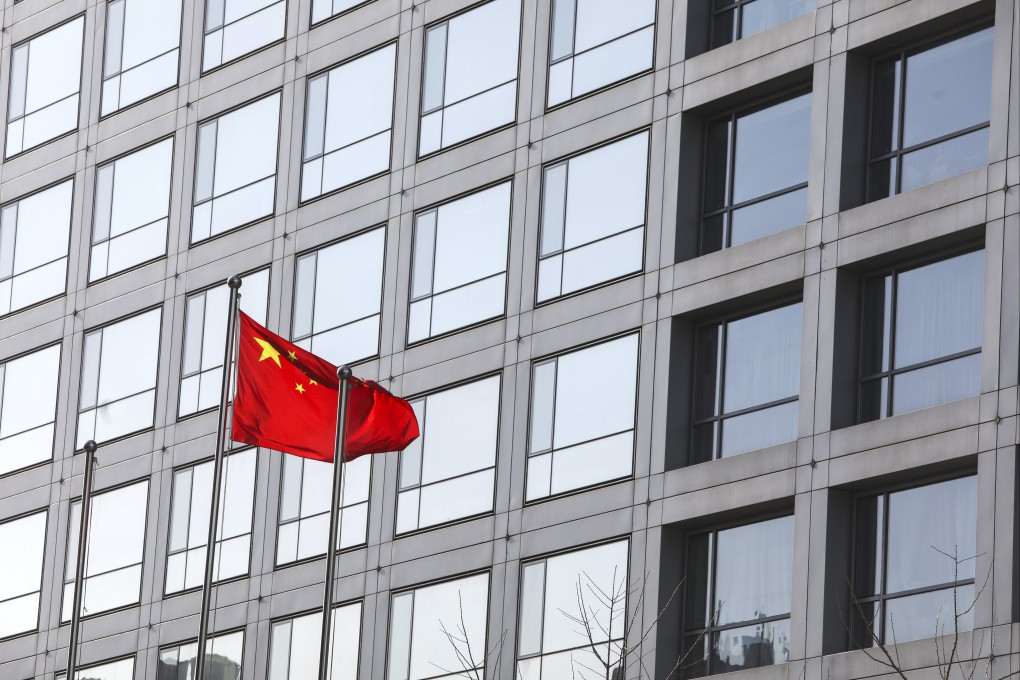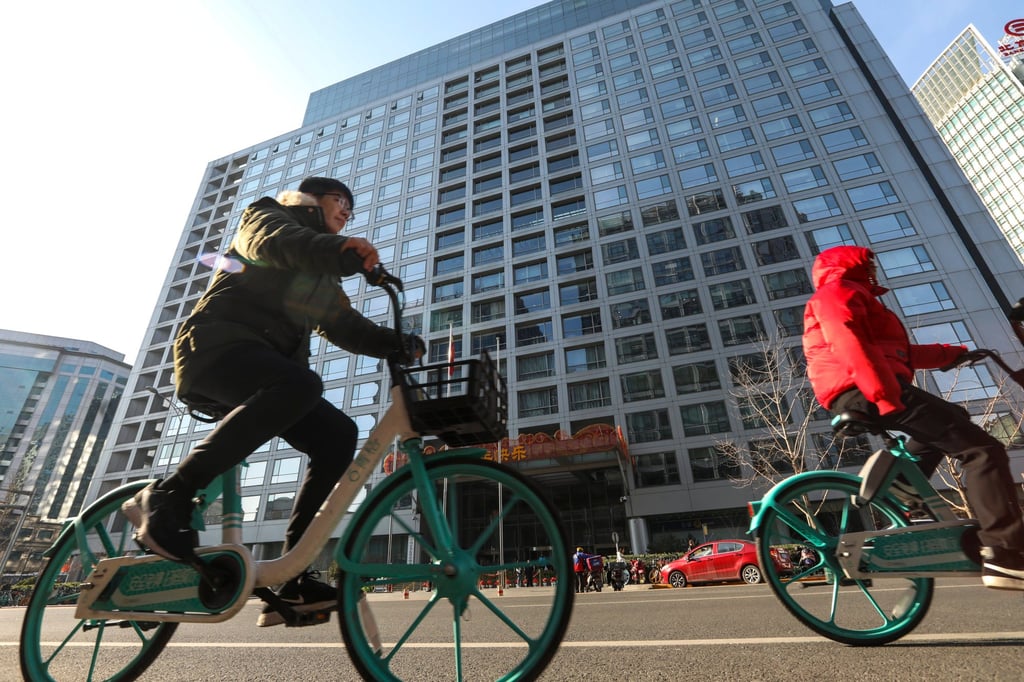China regulatory chief’s appointment indicates investor confidence, market reforms are top of the agenda
- Wu Qing, a veteran official with experiences across regulators and exchanges, has a background that contrasts with predecessors who were mostly SOE banking experts
- Days after his appointment, the CSRC fined a company for inflating its earnings in its listing application and penalised employees at a securities firm for illegal stock trading

The Chinese securities watchdog’s new head, “Broker butcher” Wu Qing, has lost no time in tackling the turmoil that has rocked the country’s stock market, after it hit five-year lows this month, unveiling a slew of proposals aimed at reviving market confidence.
The China Securities Regulatory Commission (CSRC) said late on Monday that its newly-appointed chairman Wu Qing led a host of meetings immediately after the Lunar New Year holiday to discuss topics around regulating and preventing risks in the country’s capital markets, as well as promoting their “high-quality growth”.
Wu Qing, a veteran official with experiences across regulators and exchanges, earned his moniker after he cracked down on brokers for regulation breaches during his time as director of risk management office at CSRC in 2005-2009.
He then handled asset management companies’ illegal trading cases as director of the fund department. His background contrasts with that of previous CSRC chairmen who were mostly SOE banking veterans.

The post-holiday meeting was attended by a wide range of participants including academics, officials from listed companies, privately-owned companies that are preparing to go public, brokerage firms, private equity firms, financial and legal advisory firms and foreign-owned companies.
The meeting proposed tightening the vetting process for IPOs, greater regulatory scrutiny of listed companies, and stricter weeding out of unqualified candidates. This will help to “fundamentally improve” the quality of public companies and generate better investment returns, a post-meeting statement said. The healthy development of China’s capital markets is of crucial importance to investors, it said, reflecting the issue of investor confidence.